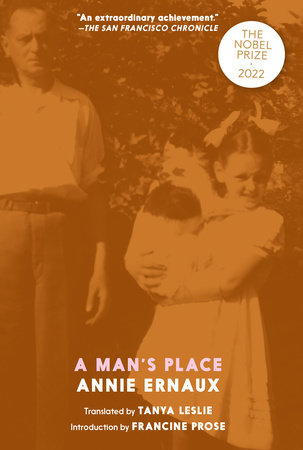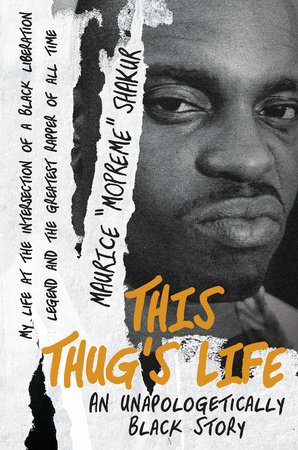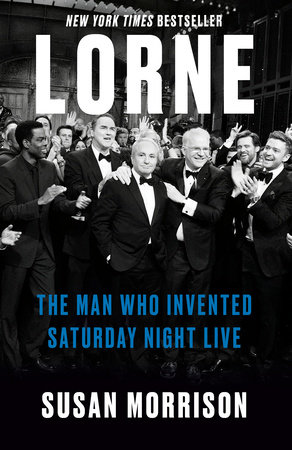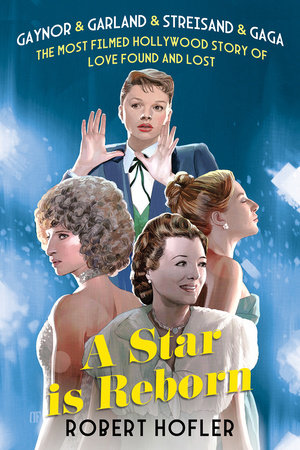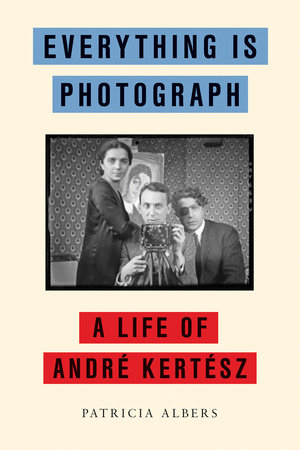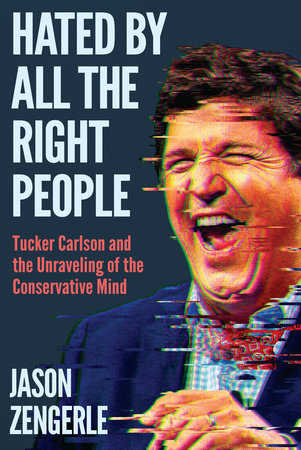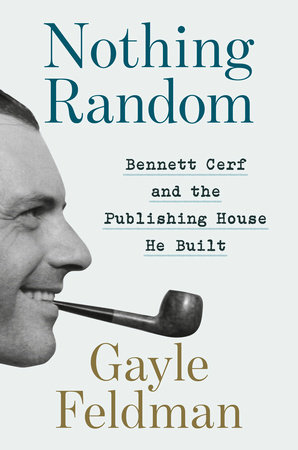“A masterpiece … unlike any other contemporary writing … overwhelming.” –Paris-Match
“A fine literary success, vibrant with contained emotion and reserve.” –Le Monde
“’May I venture an explanation: writing is the ultimate recourse for those who have betrayed,’ says Jean Genet in the epigraph to Ernaux’s ‘autobiographical narrative’ about her relationship with her father. The betrayer is Ernaux herself, a cultivated intellectual whose bitter resentment towards her petit bourgeois parents first appeared in her novel Cleaned Out. The betrayed, of course, are her parents, without whose efforts the disparity in stations would not have existed. Although not as painfully immediate as Ernaux’s depiction of her mother in A Woman’s Story, this is nonetheless an affecting portrait of a man whose own peasant upbringing typified the adage that a child should never be better educated than his parents. Ernaux uses, as she says, ‘no lyrical reminiscences, no triumphant displays of irony,’ but rather a dispassionate narrative to describe her father’s climb to the relative prosperity of a shopkeeper in a small Norman town, and his fretful vigilance lest his manners, language, posture—or daughter—betray his uneasy social position.” –Publishers Weekly
“A companion to A Woman’s Story, the biographical novel of Ernaux’s mother, this work is a narrative of the life and death of her father. It is a story of a working-class man who believed that self-denial, hard work, and careful speech would gain him entrance into the middle class where good manners, well-spoken words, and respectability reigned. Ernaux tells the story without sentimentality, conveying the alienation and pain of the humiliating limitations of class. Possessing the honesty, perceptiveness, and universality in A Woman’s Story and Cleaned Out, this book will make readers glad that Ernaux was able to unravel her suppressed memories, no longer surrendering to a world ‘where memories of a lowly existence are seen as a sign of bad taste.’” –Library Journal
